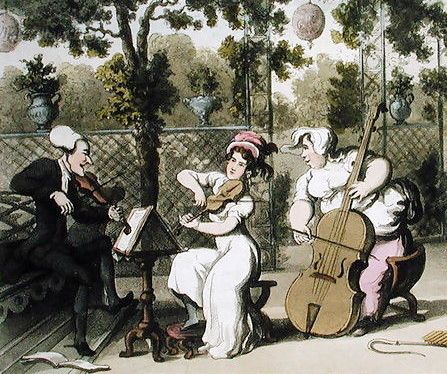 notAmos Performing Editions 1 Lansdown Place East, Bath BA1 5ET, UK +44 (0) 1225 316145 Performing editions of pre‑classical music with full preview/playback and instant download |
Violin part (PDF), €2.00 for unlimited copies Buy this item
Viola part (PDF), €2.00 for unlimited copies Buy this item
Violoncello part (PDF), €2.00 for unlimited copies Buy this item
Printable cover page (PDF), €0.00 for unlimited copies Download this item
Score, part(s) and cover page (PDF), €7.60 for bundled copies Buy this item
If you have any problem obtaining a PDF, please see our help page. If that does not resolve the issue, please click here.
Click on the illustration to display a larger version
For licensing/copyright information please click here
| Enquire about this score |
| About William Shield |
| Full Catalogue |
| About us | Help, privacy, cookies |
| About William Shield |
| Full Catalogue |
| About us | Help, privacy, cookies |
Allegro - Andante grazioso - Un giuoco scherzando
The published trios in Eb and A, together with unpublished trios in E and F, are remarkable for their, for the time advanced, use of 5/4. Shield himself is deprecatory about these movements: "The movements which are written in the uncommon time of 5/4 have amused some of the most distinguished professors, both in England and Italy, which induces the author to hope that they will not be disagreeable to the public at large". All are titled (in Italian) game, or foreign, or after the Slavic. But one wonders whether Shield was trying gently to introduce the educated English public to what sounds perhaps like the Northumbrian pipe traditions that he must have heard in his youth. A folk revivalist a century before any others, he would have had to pass off the outlandish sounding music of the people as not quite worthy of serious attention. Whatever; one wonders what the average provincial viola player made of triplets in 5/4.
The published trios in Eb and A, together with unpublished trios in E and F, are remarkable for their, for the time advanced, use of 5/4. Shield himself is deprecatory about these movements: "The movements which are written in the uncommon time of 5/4 have amused some of the most distinguished professors, both in England and Italy, which induces the author to hope that they will not be disagreeable to the public at large". All are titled (in Italian) game, or foreign, or after the Slavic. But one wonders whether Shield was trying gently to introduce the educated English public to what sounds perhaps like the Northumbrian pipe traditions that he must have heard in his youth. A folk revivalist a century before any others, he would have had to pass off the outlandish sounding music of the people as not quite worthy of serious attention. Whatever; one wonders what the average provincial viola player made of triplets in 5/4.

